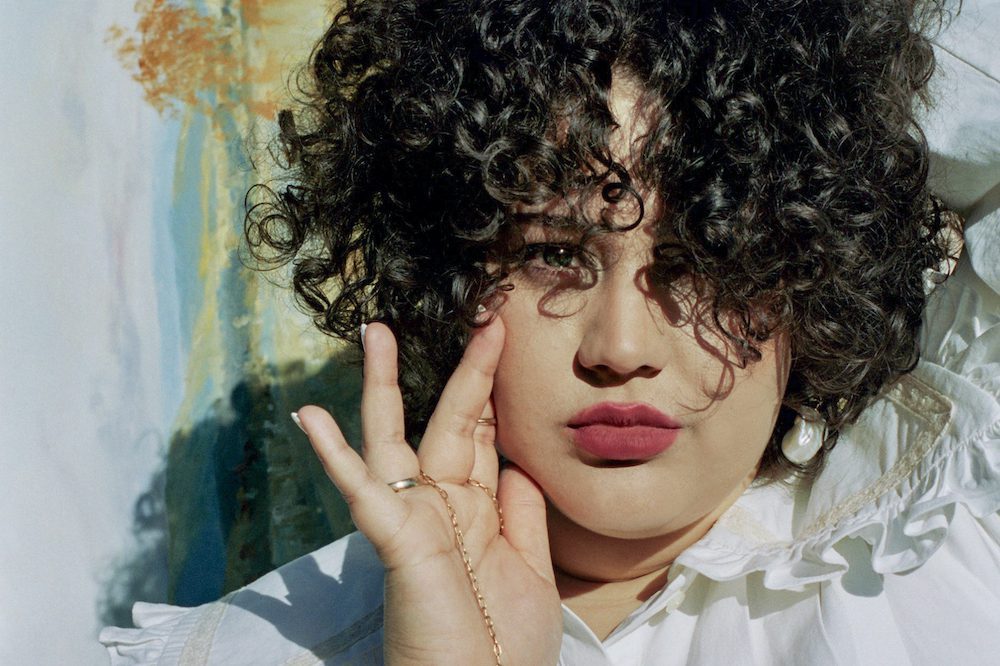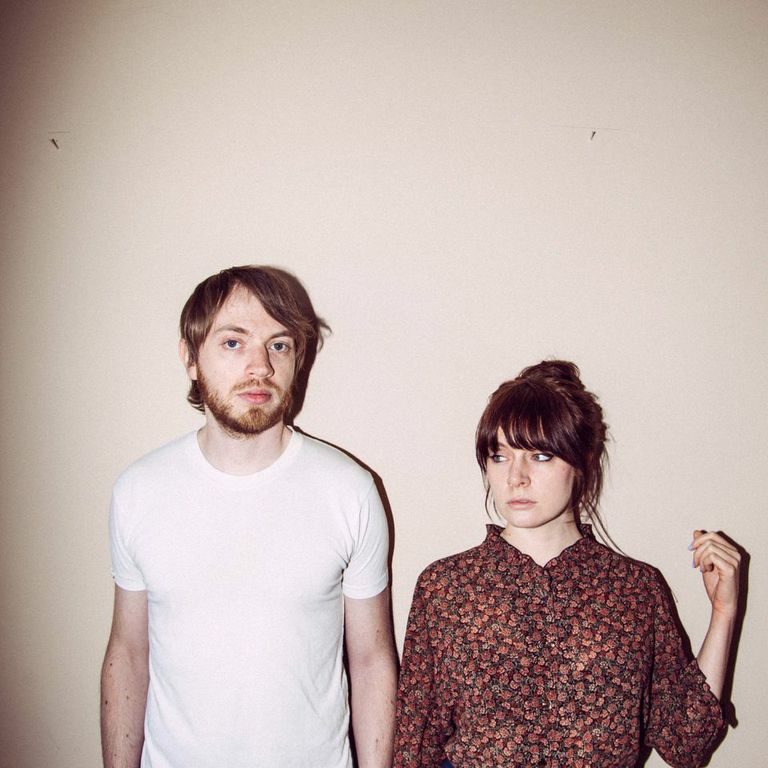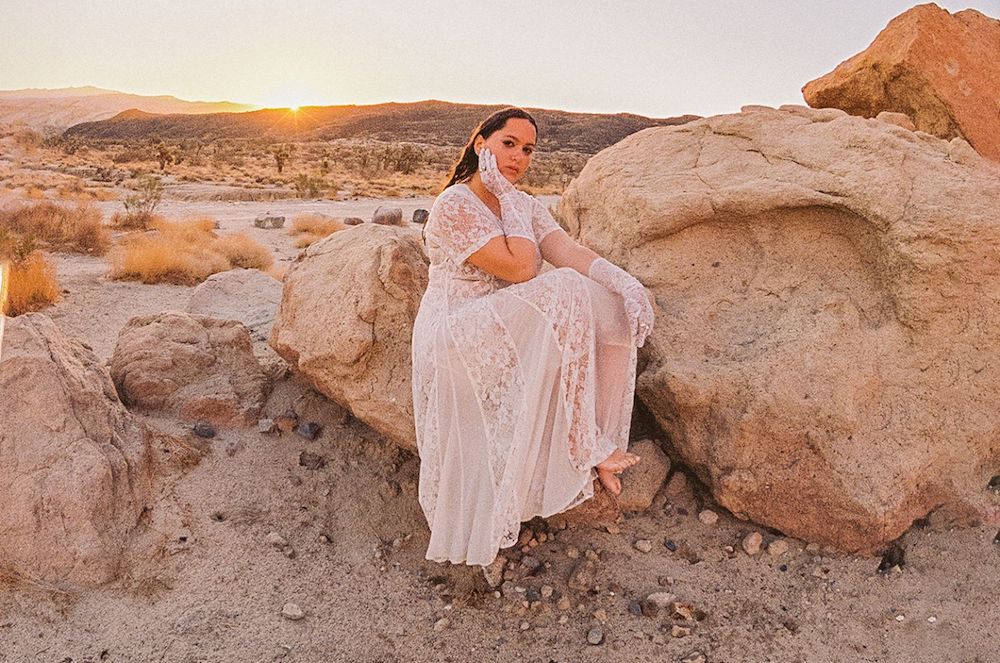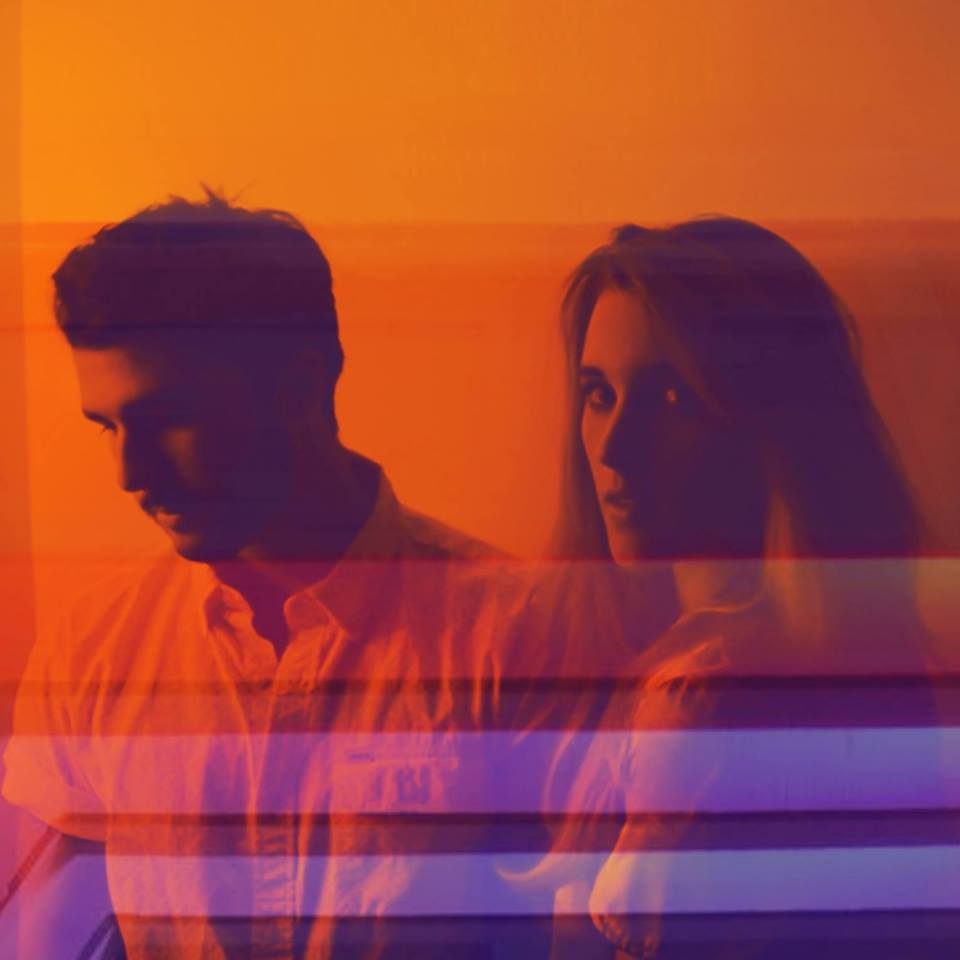Odette Announces Sophomore LP HERALD with Premiere of “Dwell” Video


Australian R&B artist Odette has a sound that’s as unique as her background. The 23-year-old, born to a South African mother and a British father who introduced her to punk rock, is simultaneously poppy and experimental, gentle and confrontational, catchy and political.
Odette is gearing up to release her second album, HERALD, the follow-up to 2018’s To a Stranger. The latest single off the album, “Dwell” — written in the studio with Pip Norman, Jantine Heij, and Nat Dunn — is a raw glimpse into the artist’s insecurities and emotional vulnerabilities. “Now I stand by the mirror and my fingers are shaking/lights are flickering darkness/please show me I’m changing,” she sings as her voice itself shakes with emotion before belting, “I’m getting high to hide the lows is what I do when I’m alone.”
“This song started as a wistful love song and ended up being a project that Pip and I took into the studio on our own to mess with,” she says. “It evolved into an absolute self-read, a reflection on my flaws and how I felt lost within them at that time.” She describes it as perhaps her most thoughtfully written song, and the only song she’s put on an album that took more than an afternoon to write.
Staccato instrumentals and pauses between verses spotlight Odette’s voice and give the song a sense of drama. “I wanted each section to be a vignette of different textures I associate with being overwhelmed,” she explains. “The verses are quite reserved, and then the bridge and chorus swell into these chaotic, sharp electronic sounds that remind me of not just the feeling of panic, but the urge associated with wanting to break free.”
The video conveys a sense of shame as Odette hides her face behind various paper cutouts and frantically reaches her hands around as if she’s trying to claw her way out of her body. Other shots show her dancing around outside, “a dance that is intended to express self-directed rage,” she says. “The shots inside are very much about the feeling of splitting, shedding, and becoming something new, which is a beautiful, natural process, but also deeply painful.”
Odette describes her album as “a catharsis and a huge change I went through as a human being.” Its release was planned for summer 2020, but got pushed back to February 5, 2021 – not just due to the usual COVID-related delays, but also to personal issues the singer was dealing with. “I was experiencing a lot during the time of creating this album and personally, I didn’t want to start the campaign before I knew I was strong enough to uphold my convictions,” she explains.
The album includes several slower-paced tracks that utilize melodious orchestral strings, like the folky “Mandible” and the rhythmic “Why Can’t I Let the Sun Set,” which shows off her vocal range. It also shows the technical growth she’s undergone since releasing To a Stranger; she was much more involved in the production and arrangement of HERALD, and she’s used the free time time quarantine has afforded her to further develop her production skills using the software program Logic, so we can likely expect even more experimentation and variety from her future projects.
“Things I was scared to try, I said, ‘Why am I afraid?'” she says. “I pushed myself with production and being involved in the technical nitty-gritty aspects of things. Before, I thought, ‘I don’t know how to produce?’ Now, I think I’m confident enough to produce something basic.”
Odette’s recent single “Feverbreak” (featuring Hermitude) is another example of that evolution. After opening with spoken word poetry describing a relationship in which a woman is treated like an object, Odette breaks into the soulful singing she does so well. “Feverbreak” attracted the attention of both the electronic group Northeast Party House and the DJ/producer Basenji, who created two separate remixes of the song.
Basenji’s sounds like it belongs in a nightclub, with warped echoes of Odette’s voice, a danceable beat, and energetic drops. Northeast Party House chose to highlight Odette’s spoken lyrics, particularly “two wrongs don’t make a right/two hands stay intertwined,” using a darker production style. “It’s so weird to hear my music in that kind of style,” she says of the remixes.
Odette has also experimented more with genre on her latest releases. “On the first record, I really stuck to this kind of light pop,” she says. “But now, I don’t really know what genre I would even consider my music.”
Thematically, she considers HERALD a documentation of her journey, of “realizing my own flaws and coming to terms with the fact that I’m not really who I thought I was going to be at 22.” It was also written after a breakup and deals with her finding her identity after that relationship.
“A lot of these songs are written out of anger and spite and really ugly emotions. I really feel almost nervous putting [them] out into the world because there’s a lot of negativity in some of these songs,” she admits. “There’s also a lot of positivity and trying to hold myself accountable.”
Follow Odette on Facebook and Instagram for ongoing updates.




